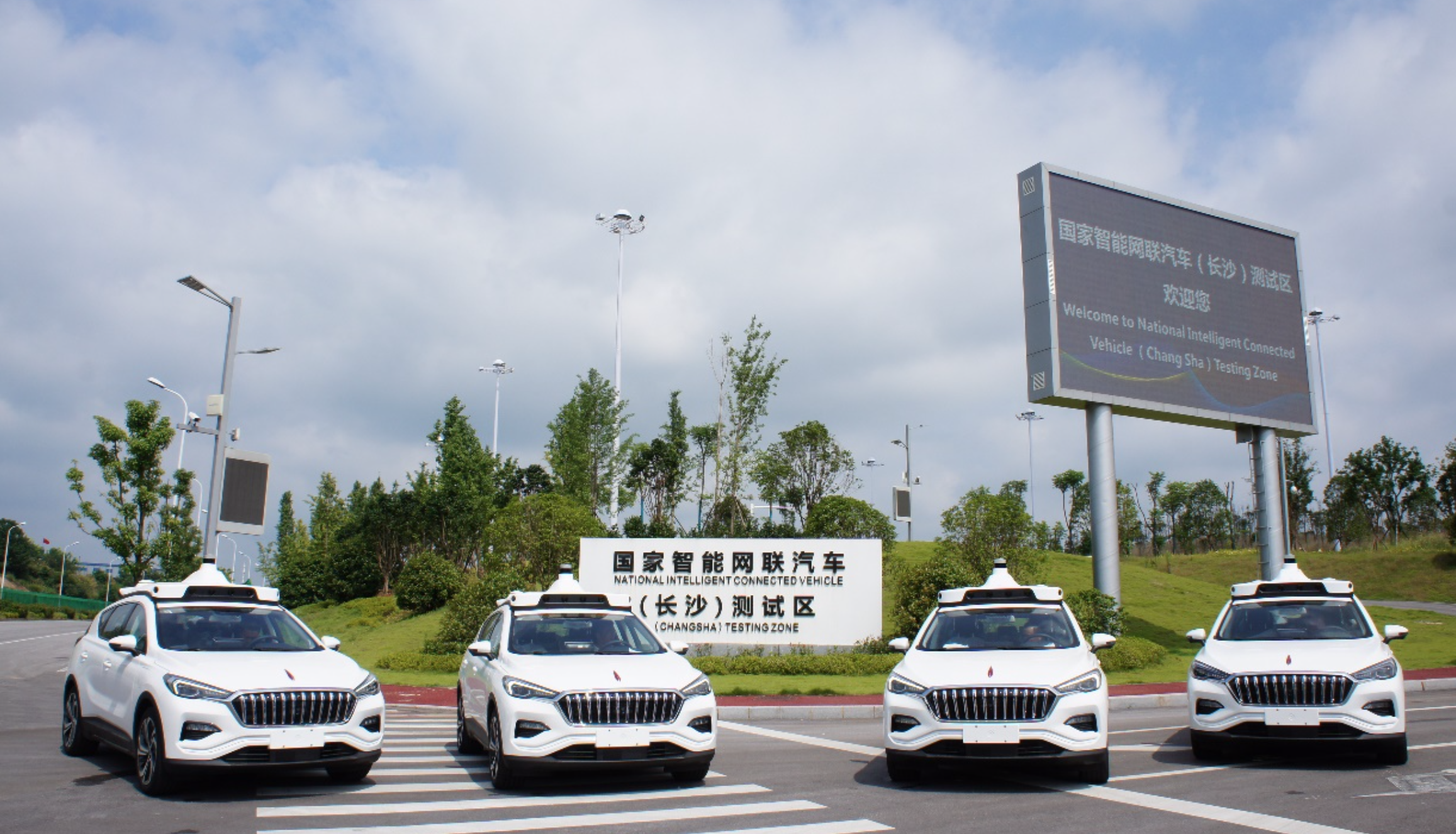The city of Changsha, capital of central China’s Hunan province, is about to become the first large town to see robotaxis running on its streets.
A small batch of ten white robotaxis, jointly developed by Chinese tech giant Baidu and the country’s car maker Hongqi, will be examined at the city’s autonomous driving testing zone under different road conditions, such as highways, urban areas, rural areas, and off-road trails, according to a Baidu statement.
The ten robotaxis are all Hongqi electric SUVs, equipped with video-cameras, laser radars, sensors, tablets, and Baidu’s flagship Apollo autonomous driving system.
Baidu’s latest autonomous driving system claims to recognize traffic lights, identify the surroundings, and detect obstacles, according to Baidu’s announcement.
Baidu also stated that five more robotaxis are on the way to the testing zone, as the company has been rewarded 45 road test licenses in Changsha since this June. As of July, the Beijing-based company has so far conducted more than 2 million km road test with 300 driverless cars in 13 Chinese cities.
Changsha residents can expect to try out these new robotaxis after this October, according to Baidu.
The Chinese tech company indicated that once the robotaxis will be fully operative, customers will be able to hail a self-driving taxi ride through a smartphone app. The vehicles will be integrated with smart road infrastructure to enhance safety, the company also noted.
Baidu and other China’s rivals such as Tencent and Alibaba are competing in the autonomous vehicles and mobility services market, which is foreseen to be worth over USD 500 billion by 2030, according to McKinsey.
